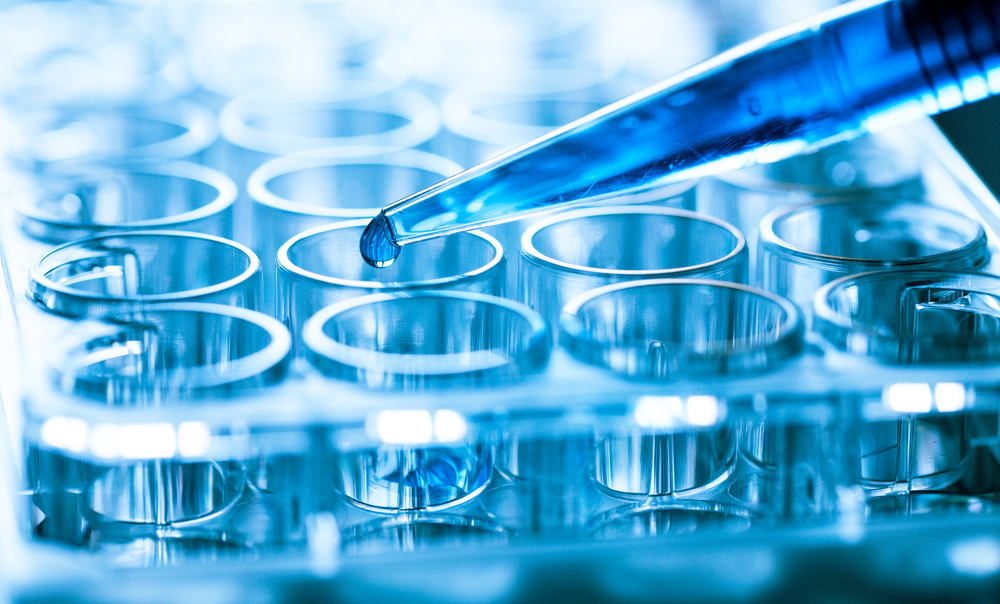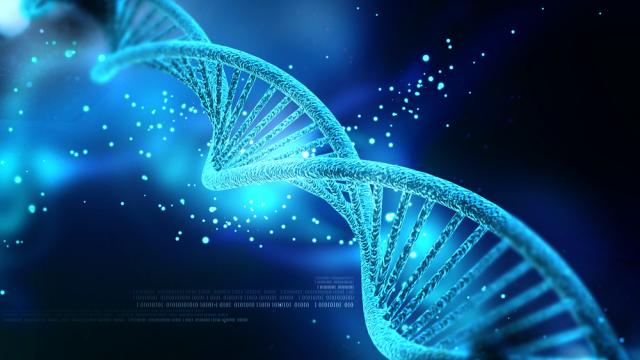The capacity of our digital storage devices has skyrocketed in recent years. But there’s one storage medium that still kicks the crap out of our state-of-the-art solid state, and humans didn’t invent it. It’s called DNA.
A team of scientists is trying to figure out whether the double-helix molecules that encode every plant, animal and microbe on planet Earth can be used to preserve our data for thousands of years. At the 250th meeting of the American Chemical Society today, ETH Zurich’s Robert Grass is presenting a proof-of-concept demonstration of the technology. His research team has managed to encode DNA with 83 kilobytes of text from the Swiss Federal Charter from 1291 and the Method of Archimedes from the 10th century.
Like Computers, But Better
“A little after the discovery of the double helix architecture of DNA, people figured out that the coding language of nature is very similar to the binary language we use in computers,” Grass said in a statement.
On hard drives, we use zeros and ones to represent data. DNA, meanwhile, uses four chemical bases (A,T, C and G), strung together like rungs on a sugar-phosphate ladder. It’s got four letters instead of two numbers, but both systems can store endlessly complex permutations of information.
Except that DNA, Grass argues, is much, much better. Today, a hard drive the size of a small book might back up roughly five terabytes of data, and that drive’s components might last about 50 years. Meanwhile, a microscopic droplet of DNA can hold the complete “instruction book” — billions upon billions of letters — for thousands of organisms. In theory, Grass says, a fraction of an ounce of DNA could store more than 300,000 terabytes of information. Even better, from archaeological and paleontological studies, we know that DNA can last for hundreds to thousands of years.
Time Capsules

All your sweet, sweet data in a droplet
Frozen DNA locked inside cells might last a few millennia, but Grass sees no reason we can’t do better. That’s why his team is now packing DNA into tiny, heat-resistant silica spheres. After baking some of these spheres at 160ºF for a week — the equivalent of keeping them at 50 degrees for 2,000 years — the DNA inside was still error free. Kept in cold storage, one of these capsules might end up lasting tens of thousands, perhaps even millions of years.
That sounds pretty promising, but the experimental technology still faces some big hurdles. For one, DNA-based archives aren’t yet searchable, which poses a rather major problem in terms of usability. Imagine what a nightmare it’d be to recover a lost file on a backup drive if you had to sift through every single document yourself. Then there’s the currently-staggering price tag: Grass reckons that encoding and storing a few megabytes of data today would cost thousand of dollars.
But scientists are hopeful these obstacles can be overcome. Grass’ team is already working on methods for labelling specific bits of DNA, the first step toward creating a searchable archive. And as the methods are refined and automated, the cost of genetic storage could drop substantially.
What sorts of data might we want to store on DNA? Grass imagines it could help us track and preserve our ever-evolving troves of online information — for instance, changes in Wikipedia pages over time. Or the entirety of humanity’s online Starcraft experience, or every episode of Doctor Who plus outtakes, until the end of time. Maybe even the IRS could finally digitize its records — hey, one can dream.
My mind, however, immediately jumped to the biological storage potential. Imagine if you could not only pack your genome into a capsule, but stick your entire biography right alongside. In the future, humans might be able to clone your fleshy self back into existence and reconstruct your memories. Creepy or amazing? You decide.
Images via Shutterstock
